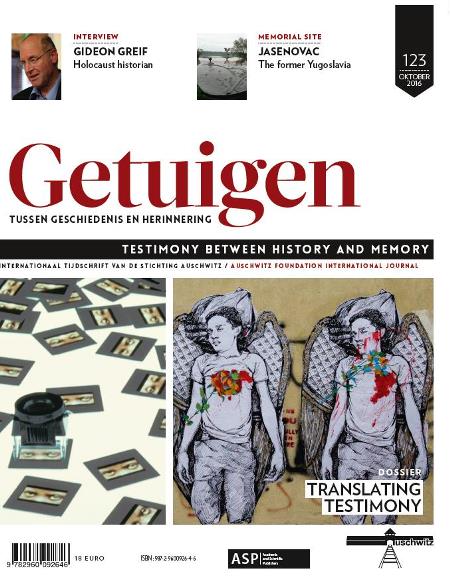Nr. 123 (10/2016) Translating Memory

Presentation of the dossier: What is the relationship between testimony, defined as a more or less ritualized firstperson account of political violence, and translation? Correspondingly, how does the translator position herself towards the witness? Can the translator be, or become, a witness? How, when and why are testimonies translated? Which linguistic and discursive strategies do translators resort to when faced with ethically challenging texts? Which role do they play exactly in the transmission of the historical knowledge, cultural values or social critique conveyed by the testimony? Does translation weaken or rather reinforce the relevance and impact of the original statement? How important is translation in literary, political and institutional settings? Do these specific settings determine translation practice in significant ways? To which extent can subsequent processes of transcription, editing, translation and archiving affect the source text? And how accurate are the boundaries we draw to distinguish witnessing from translating, documentary from literary testimony, the original from its translation? These are the main questions we intend to explore in our dossier.